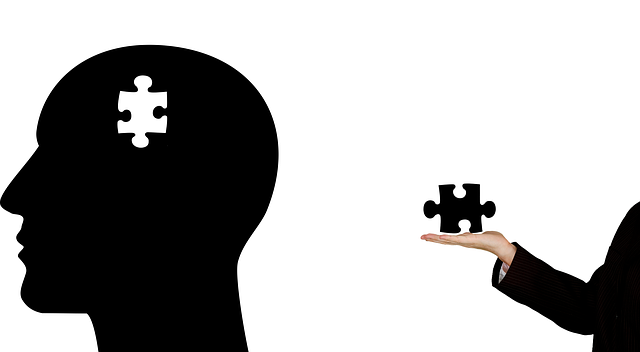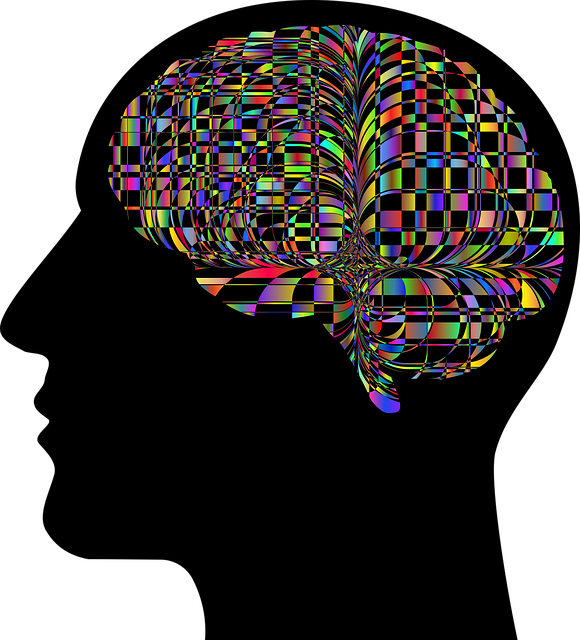TL;DR: Cultural sensitivity in therapy for young adults with bipolar disorder is paramount. Therapists must adapt practices, respect diverse backgrounds, and incorporate cultural perspectives into treatment plans. This approach, tailored through education and consideration of community views, enhances therapy effectiveness, strengthens bonds, and improves outcomes. It's key to addressing therapy for Young Adults Bipolar Disorder successfully by acknowledging and leveraging cultural diversity.
In today’s diverse society, cultural sensitivity in mental healthcare is paramount. Understanding cultural diversity shapes effective treatment plans, especially for young adults grappling with bipolar disorder. This article delves into the significant impact of cultural perspectives on mental health services and therapy sessions. We explore challenges faced by this demographic, from cultural barriers to accessing care to navigating differences during treatment. Additionally, it offers strategies for culturally competent practice, focusing on training, community partnerships, and evaluation methods to enhance therapeutic outcomes for young adults with bipolar disorder.
- Understanding Cultural Diversity and Its Impact on Mental Health
- – Exploring the significance of cultural sensitivity in mental healthcare
- – Different cultural perspectives on mental illness and treatment
Understanding Cultural Diversity and Its Impact on Mental Health

Cultural diversity is a vital aspect of modern society, with individuals from various ethnic, racial, and cultural backgrounds seeking therapy for young adults bipolar disorder and other mental health concerns. Understanding and appreciating this diversity in mental healthcare practice is essential, as it significantly impacts treatment outcomes. Cultural sensitivity in mental healthcare practice involves recognizing and respecting these differences, which can shape individuals’ beliefs, values, and behaviors related to seeking help and coping strategies.
In the realm of therapy for young adults bipolar disorder, cultural sensitivity requires therapists to employ communication strategies that bridge gaps between different cultural contexts. This may involve learning about specific cultural practices, traditions, and taboos that could influence a client’s experience of mental illness. By fostering open dialogue and creating a safe, non-judgmental environment, therapists can help clients build resilience in ways that are culturally meaningful. Such an approach not only enhances the effectiveness of treatment but also strengthens the therapeutic alliance, ultimately contributing to positive outcomes for diverse populations.
– Exploring the significance of cultural sensitivity in mental healthcare

In the realm of mental healthcare, cultural sensitivity is a game-changer, especially when catering to diverse populations like young adults grappling with bipolar disorder. This aspect goes beyond mere treatment; it’s about understanding and respecting the unique cultural context in which individuals seek therapy. Young adults from various ethnic, social, and religious backgrounds may have differing perceptions of health, illness, and mental well-being. For instance, some cultures emphasize collective harmony over individual expression, while others promote open discussion of emotions.
Mental healthcare professionals must navigate these differences to provide effective care. This involves integrating positive thinking and resilience-building techniques tailored to specific cultural needs, as opposed to applying a one-size-fits-all approach. Moreover, risk management planning should incorporate cultural considerations to ensure the safety and well-being of patients. Equally important is the role of Mental Health Education Programs Design in cultivating awareness and sensitivity among professionals, enabling them to deliver culturally competent therapy for young adults with bipolar disorder.
– Different cultural perspectives on mental illness and treatment

Understanding cultural sensitivity is paramount in mental healthcare, as different communities hold unique perspectives on mental illness and treatment. These viewpoints are shaped by historical, social, and religious factors, influencing how individuals seek help and perceive various therapeutic approaches. For instance, some cultures may view mental health issues through a spiritual or traditional lens, favoring holistic remedies or community-based support systems over Western psychology.
When treating young adults with bipolar disorder, for example, therapists must be aware of cultural nuances. In some Asian communities, open discussion of mental illness might be less common, emphasizing the importance of family involvement in therapy. Conversely, Western cultures often advocate for individualistic approaches to therapy, focusing on self-reliance and personal growth. Incorporating these perspectives into treatment plans not only enhances accessibility but also fosters a deeper connection between therapist and client, potentially boosting confidence during the healing process and preventing burnout among mental wellness coaches.
Cultural sensitivity is an indispensable aspect of mental healthcare, especially when addressing issues like bipolar disorder among young adults. Recognizing and respecting diverse cultural perspectives can significantly enhance therapeutic outcomes. By understanding the unique beliefs and practices surrounding mental health in various communities, healthcare professionals can provide more tailored and effective therapy for young adults facing bipolar disorder, ensuring culturally competent care that respects and embraces individual differences.














